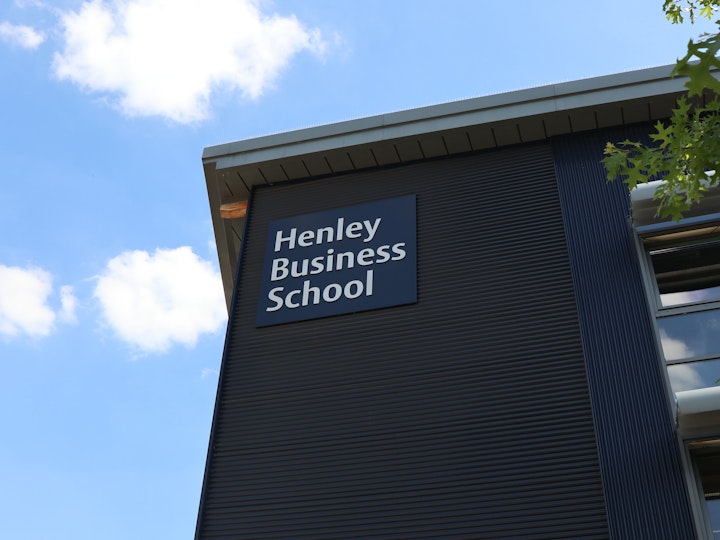IBS Lunchtime Research Seminar - Revealed and reserved: An accommodative approach of voluntary disclosure by family multinational
IBS Lunchtime Research Seminar - Revealed and reserved: An accommodative approach of voluntary disclosure by family multinational
Presenter - Dr Qian (Cecilia) Gu Associate Professor, Robinson College of Business, Georgia State University

| Event information | |
|---|---|
| Date | 7 June 2023 |
| Time | 13:00-2:30 (Timezone: Europe/London) |
| Price | Free |
| Venue | Henley Business School, Whiteknights Campus |
Event types: |
|
You are cordially invited to attend an IBS lunchtime research seminar by Dr Qian (Cecilia) Gu Associate Professor, Robinson College of Business, Georgia State University . Please join us in Room 108, Henley Business School. If you have not received the email invite please email Angie Clark.
Please make sure you let me know in advance if you intend to attend in person so that the correct amount of catering is booked.
Title: IBS Lunchtime Research Seminar - Revealed and reserved: An accommodative approach of voluntary disclosure by family multinational
Date: Wednesday 7th June 2023
Time: 13.00 – 14.15pm
Teams – A Teams link to the seminar is included for those who cannot attend in person, however attendance in person is preferred.
Abstract:
Family-owned MNEs (FMNEs) face unique challenges for their newly established foreign subsidiaries, due to the information asymmetry between and divergent demands from the controlling families and external stakeholders. Despite the significant theoretical and managerial implications, it is surprising that there has been limited research on how FMNEs may strategize their voluntary information disclosure to overcome these challenges. Drawing on insights from stakeholder theory and institutional theory, we propose that FMNEs seek an accommodative approach to balance the divergent needs and interests of multiple stakeholders, overcome information asymmetry, and gain legitimacy. Specifically, the accommodative approach involves both the amount and the content of information disclosed in our context. On the one hand, FMNEs voluntarily disclose more information to signal professionalization to external stakeholders and alleviate concerns associated with higher family involvement. On the other hand, FMNEs selectively conceal information sensitive to socioemotional wealth (SEW) to protect the core interests of the controlling families. We further argue that the transparency pressure in FMNEs’ home-context amplifies their utilization of accommodative information disclosure, and this amplifying effect is even stronger when the host context has a higher transparency pressure. Our arguments are generally supported by analyzing a matched sample of 850 newly established foreign subsidiaries from both FMNEs and non-FMNEs between 2010 and 2017. Our study contributes to a deeper understanding of how FMNEs manage divergent stakeholder needs and how institutions at home and abroad shape their stakeholder management decisions.


